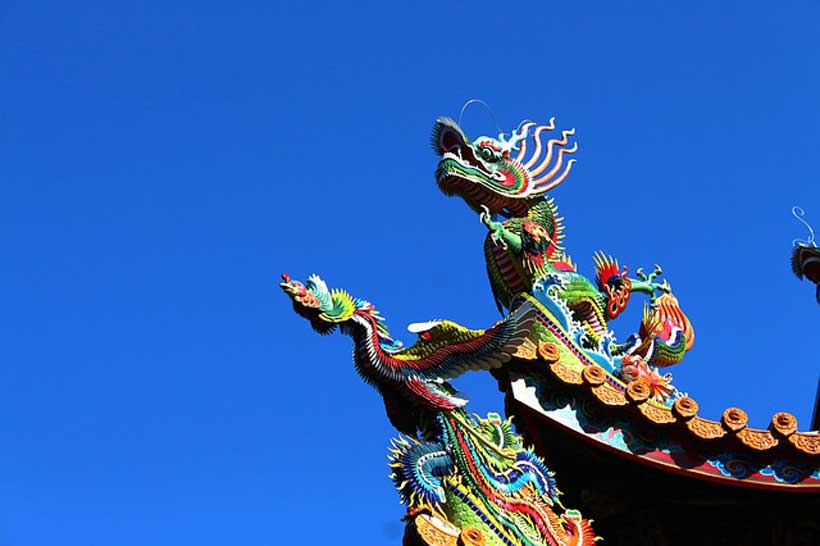When the worldwide outbreak of COVID-19 spread in March 2020, China played a crucial role in the global supply of critical medical goods such as face masks and disinfectants as their main exporter. According to UN Comtrade (2020) data, 44% of the world’s exports of face masks originated from China in 2018, whereas the next largest exporters such as Germany (7%) and the US (6%), play a comparatively minor role. Due to China´s a track record of using trade to pursue its foreign-policy goals, Beijing´s donation of medical equipment to other countries has been called as a mask diplomacy as the officials and politicians in many Western European countries as well as the European Union have viewed it as a Chinese influence-buying campaign that seeks to divide the EU.
Similar scenario is nowadays taking place under new magical keyword – a vaccine. Hungary was the only European Union member state to decide not to wait for the European Medicines Agency to approve the vaccines and began negotiating supplies of COVID vaccines from China and Russia. This so called Chinese vaccine diplomacy is no surprise. Last May, President Xi Jinping indicated that China would want to use vaccines to strengthen its position in the world. The “Health Silk Road” is together with winning the COVID-19 vaccine race one of the Beijing´s top priorities in 2021. President Xi Jinping is also expected to offer a Chinese vaccine to participants in the online 17+1 Central and Eastern European Summit on February 9.
The ninth 17+1 Central and Eastern European Summit is being postponed since the first half of 2020 where was supposed to take place before the hit of pandemic. Already before the COVID-19 outbreak, the Central and Eastern European countries have been increasingly dissatisfied with the outcome of their economic engagement with China and thus the upgrade of the economic cooperation and shaping the relations is in long-term plan. Moreover, when the U.S.-China confrontation has turned the Central and Eastern Europe into a new ground of great power competition for influence. This summit would break a deadlock over holding a meeting and show new signs in relations between China and Europe.
The transregional cooperation between China and Eastern Europe, the so-called “17+1” initiative, began in April 2012 in Poland where Chinese premier, Wen Jiabao, and representatives of 16 CEE countries, including 11 EU members, hold a meeting. Wen promised investments and infrastructure development to boost the regional economies. China puts an emphasis on its connectivity with Europe and regards railways, ports and FDI as the foundation for achieving balanced development and social cohesion in Europe. For China, the region promised cheap access to European markets. The initiative was quickly co-opted into China’s wider Belt and Road Initiative, which launched the following year. When Greece joined as the 17th member in 2019, it elevated the political significance of the now 17+1 alliance even further. Before the onset of 17+1 cooperation, Chinese investment and trade were spatially unbalanced, and concentrated in north-western Europe. Because of the weak condition of transport infrastructure, the trade between China and Central and Eastern European countries heavily relied on the infrastructure networks of Germany, the Netherlands and France.
Despite voices about the decreasing power of the 17+1 Initiative, the COVID-19 pandemic does not bring an era of active Chinese engagement in the European region to the end. It contrary shows Beijing´s flexibility and adaptation to the world circumstances, including the competition imposed by U.S. interests in bilateral cooperation with the Central and Eastern European countries that could contribute to regional development as well.
References
UN Comtrade (2020), “UN Comtrade Database. Export data at country level”


